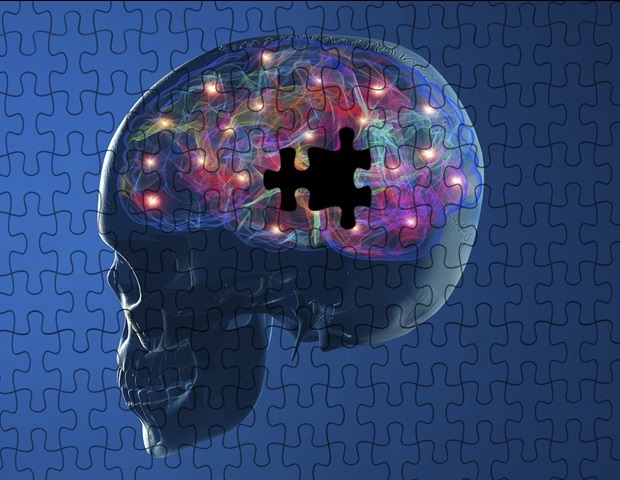In ancient Egypt, priests kept papyrus dream books in which they speculated dream’s symbolic interpretations. In the study, Zhang and her colleagues asked participants to view emotionally disturbing images—such as scenes of violence or disaster—alongside neutral images—such as everyday objects. The next day, those who recalled their dreams showed a distinctive pattern: They maintained stronger memories of the emotionally disturbing images but showed less emotional distress when viewing them again.
Meanwhile, their memories of neutral, emotionally insignificant images had faded. This selective retention suggests dreaming helps the brain prioritize and process emotionally significant experiences. Without dreams, Zhang suggests, people could get “stuck in emotional events,” unable to move past difficult experiences.

However, not everyone thinks dreams provide a mechanism for psychological healing. Katja Valli, who holds a doctorate in psychology and is an associate professor of cognitive neuroscience at the University of Skövde, offers a contrasting view. Valli told The Epoch Times that while dreams reflect people’s emotional and psychological well-being, trauma can disrupt this process, causing dreams to replay traumatic experiences unceasingly, keeping the memory “active and fresh” rather than healing it.
The researchers found that several elements—from environmental factors to individual characteristics—determined the capacity for dream memory. The study concluded that participants who were prone to daydreaming and mind-wandering and had a positive attitude toward dreaming were more likely to remember their dreams. Valli, who was not a part of the study, commented, “The personality traits of openness to experience, creativity, and thin psychological boundaries .
.. predict higher dream recall, while neuroticism is related to a higher nightmare recall frequency.
” “Precognitive dreams are a very common aspect of the human experience,” Eric Wargo, a science writer who holds a doctorate in anthropology from Emory University, told The Epoch Times. He noted that one-third to one-half of people surveyed reported having precognitive dreams, and nearly all cultures believe these dreams hold truths. He believes that the accumulation of evidence and testimonies of individuals are enough to warrant serious consideration.
If microtubules are indeed minuscule quantum computers, noted Wargo, they might send information backward in time, allowing future experiences to subtly influence us—manifesting in dreams, creativity, or unconscious patterns of thought. Zhang, Valli, and Wargo recommend consistent practice to improve dream memory. After recording dreams in detail in a dated journal, Wargo said to reread records from that morning and the previous days before going to bed—a crucial step in creating greater recall that people often miss.
He encourages reflecting on connections between the dreams in your journal and experiences in your waking life. Whether fleeting or vivid, forgotten or carefully recorded, dreams shape your mind and waking life in ways we are only beginning to understand. They help you process emotions, explore new ideas, respond more effectively to danger, and—perhaps—glimpse the future.
With the proper attention, you may be able to unlock more of your own dream world. Tonight, as you drift off, ask yourself: What will your sleeping mind reveal?.
Health

Why Do Some People Remember Their Dreams While Others Forget?

Research is uncovering why we dream, who remembers them best, and how to improve recall.















